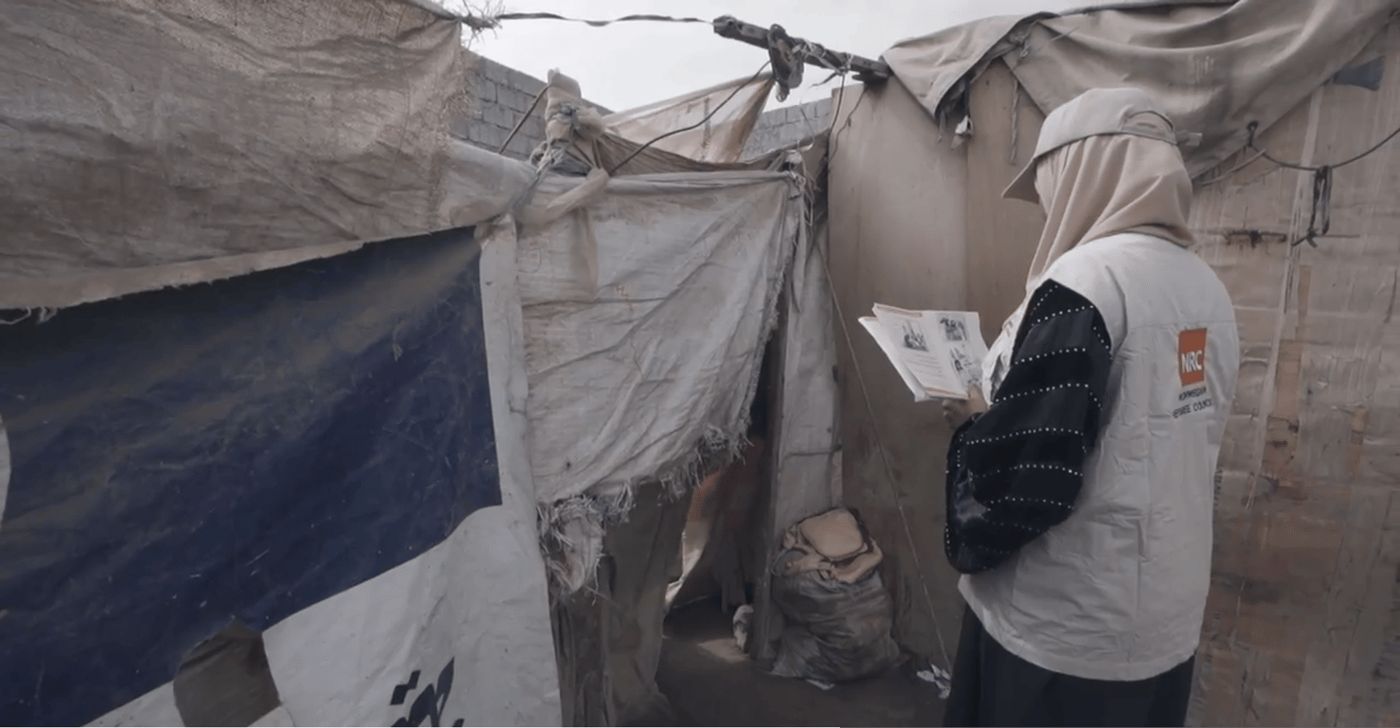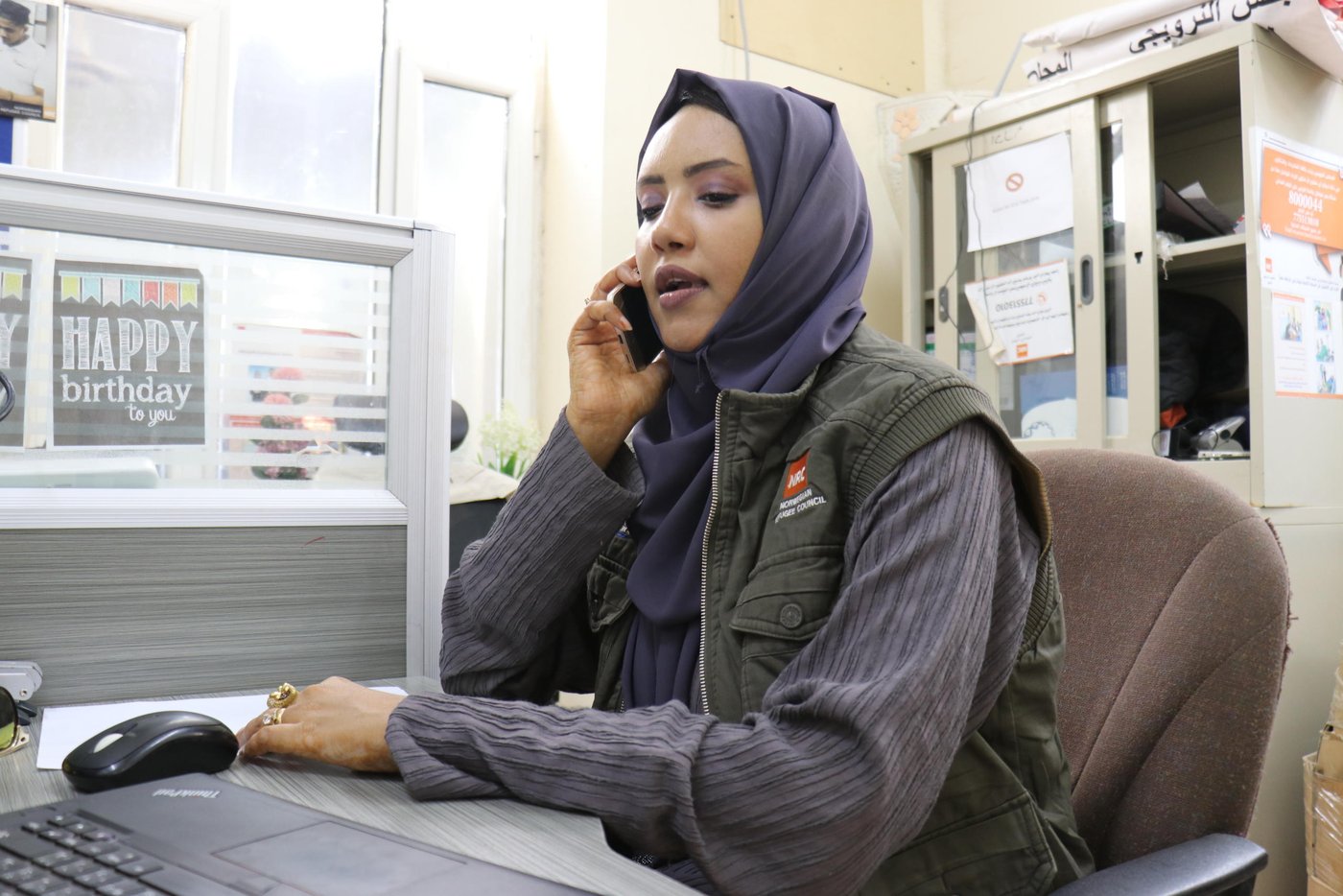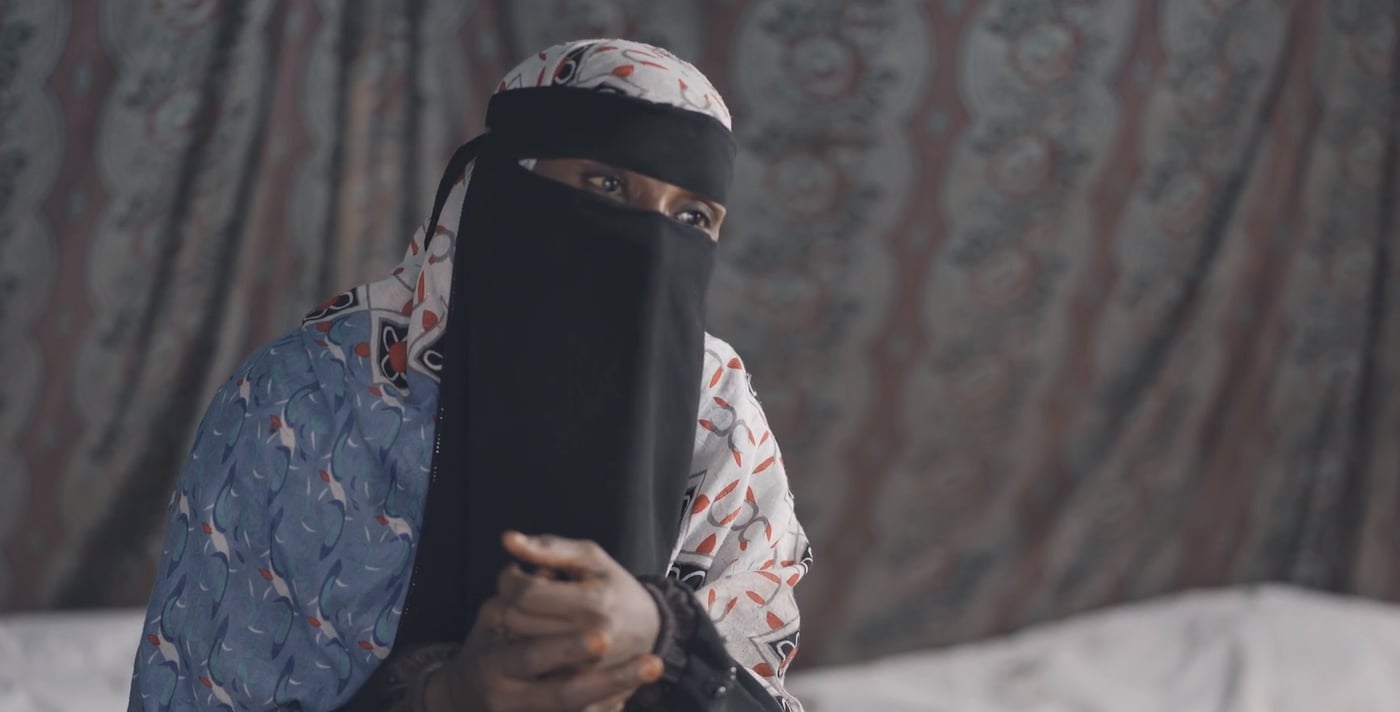When Afrah’s family were forced to flee their home, the consequences of not having identity documents became clear almost immediately.
Without identification, Afrah discovered, they could not buy the bus tickets they had sold their furniture to pay for. When they finally reached safety in Aden, she could not register her children in school. The family could not even access food aid.
In a country where millions of people face urgent and life-threatening problems – how to find the next meal, or where to take shelter – identity documents might appear unimportant.
Over three million people have fled their homes because of the war. Two-thirds of them do not have proper documentation.
But through our work with displaced families, the Norwegian Refugee Council (NRC) has witnessed how missing documents can block access to even the most basic and important services. And this is often bound up in a lack of understanding among displaced people of their rights and the services they could – and should – be receiving.
A solution was needed. Too many Yemeni families were finding themselves in Afrah’s situation. Right now, over three million people have fled their homes because of the war. Two-thirds of them do not have proper documentation.
NRC helped to solve this problem for Afrah. She now has birth certificates for her six daughters and they have enrolled in school. Watch Afrah’s story to see how NRC assisted her and helped to issue over 20,000 documents to families like hers.

New approaches under Covid-19
Even during the pandemic, our teams have found innovative ways to continue helping families.
Instead of face-to-face meetings and door-to-door visits, we are now using phones, loudspeakers and community radio to reach thousands. We provide legal counselling over the phone and are broadcasting radio announcements about how to apply for documentation and exercise basic rights. We have already sent 200,000 SMS messages with this information.

And even though local authorities have closed their doors to limit transmission of the virus, we have provided their documentation offices with the basic equipment and support needed to issue identification remotely.
In April alone, NRC facilitated the issuing of 2,160 documents, and held over 100 counselling sessions by phone. Another 619 documents have been issued in June, and hundreds more are in the pipeline.
The Covid-19 pandemic has made these documents even more important. Due to movement restrictions, fewer people are able to work. They need ID to be able to access life-saving food and hygiene supplies, or to seek treatment at hospitals and clinics. Our efforts mean that displaced families are not forgotten, at a time when they need us most.
“It is now easier to find a job and to start work, as we have ID. We can move freely wherever we want, with our heads held high,” says Afrah.
NRC’s civil documentation work is supported by European Union Humanitarian Aid, the United Nations High Commissioner for Refugees, the Swedish International Development Agency, the German government, the Norwegian government, UK Aid, and the French Crisis and Support Centre.


